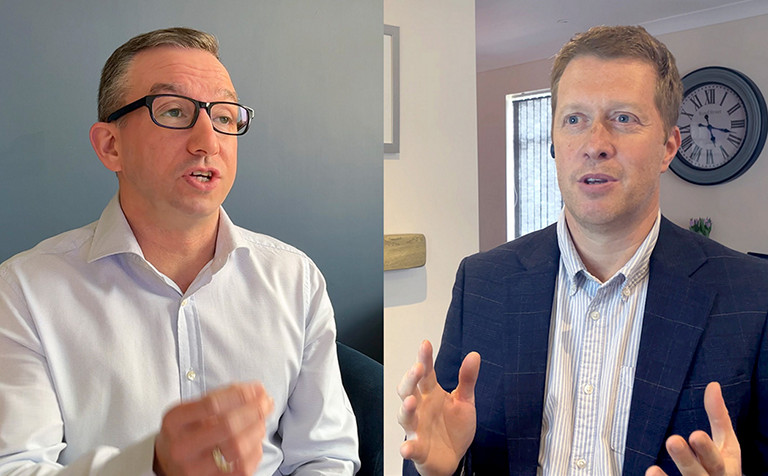Thriving in the Accelerated Now
The world is more digitally connected and faster than ever. Business and technology are more closely aligned than ever. To stay ahead, organisations must adapt, adopt and innovate for business agility and growth. Five factors of accelerated change guide leaders to match the right technologies with the right outcomes.
